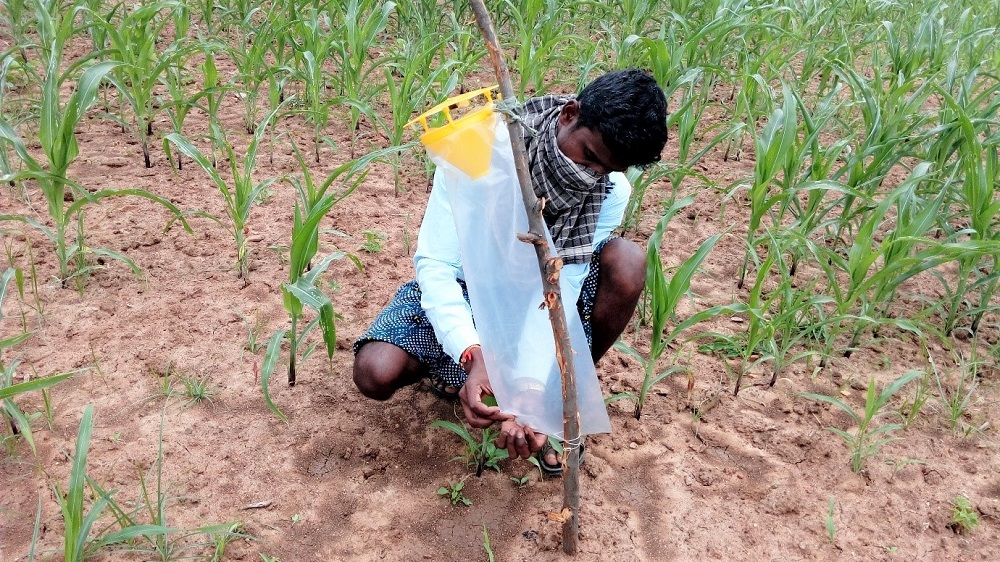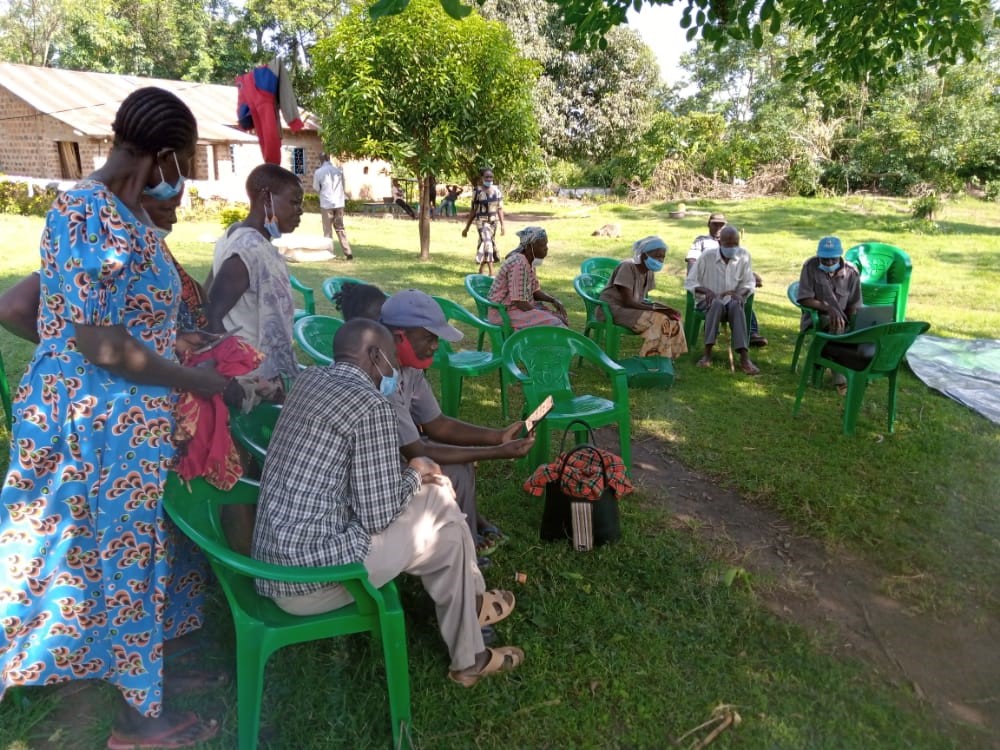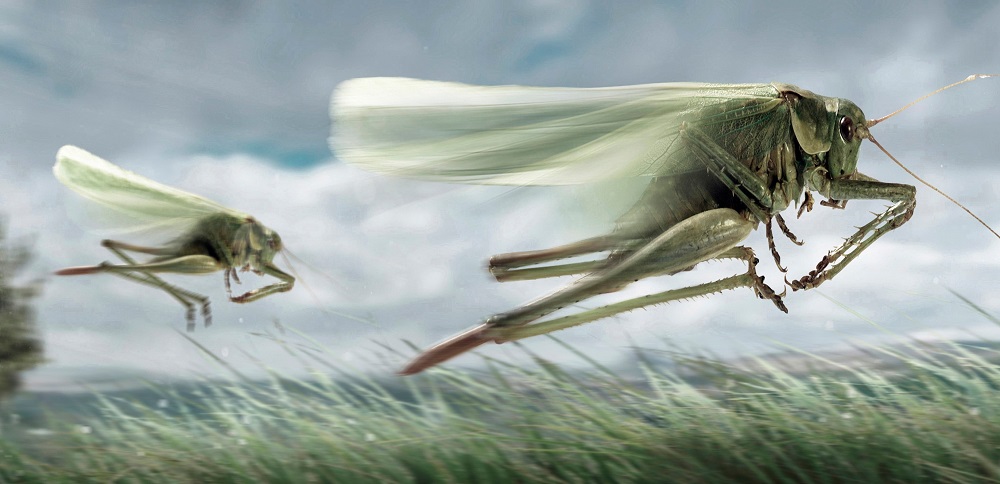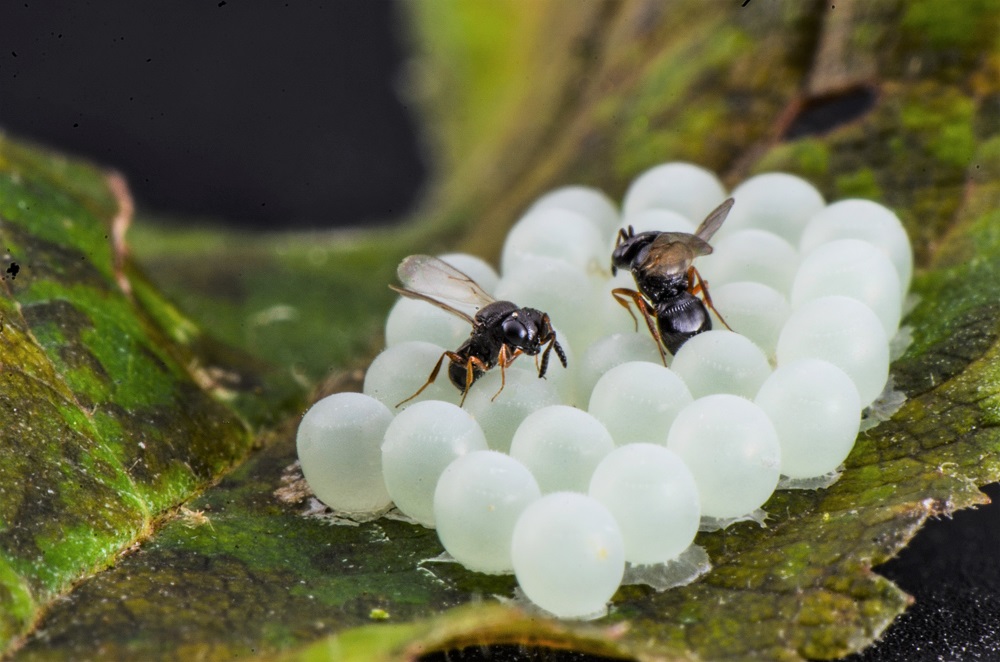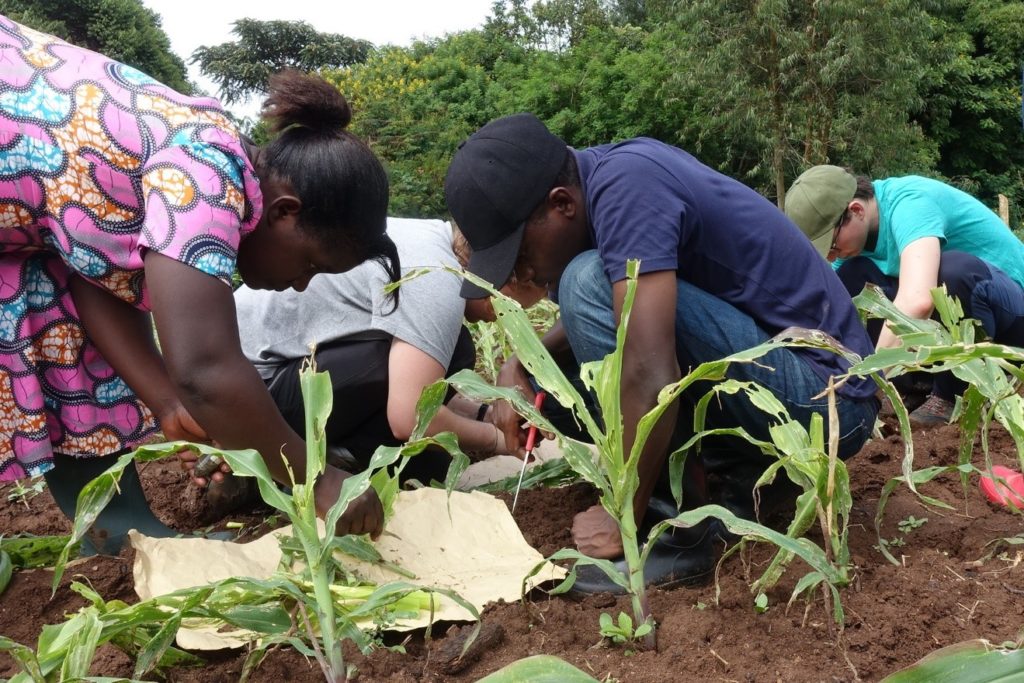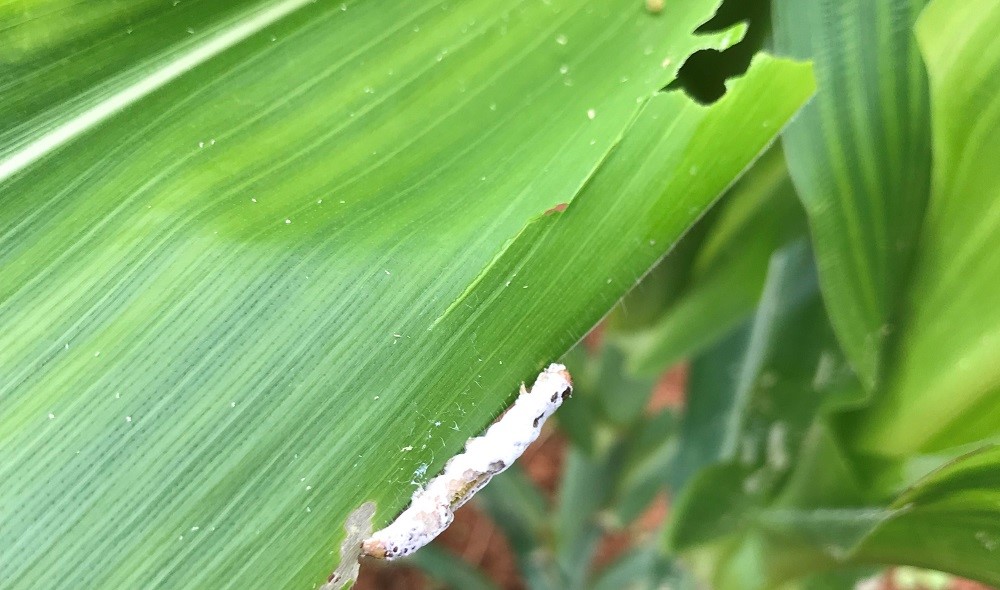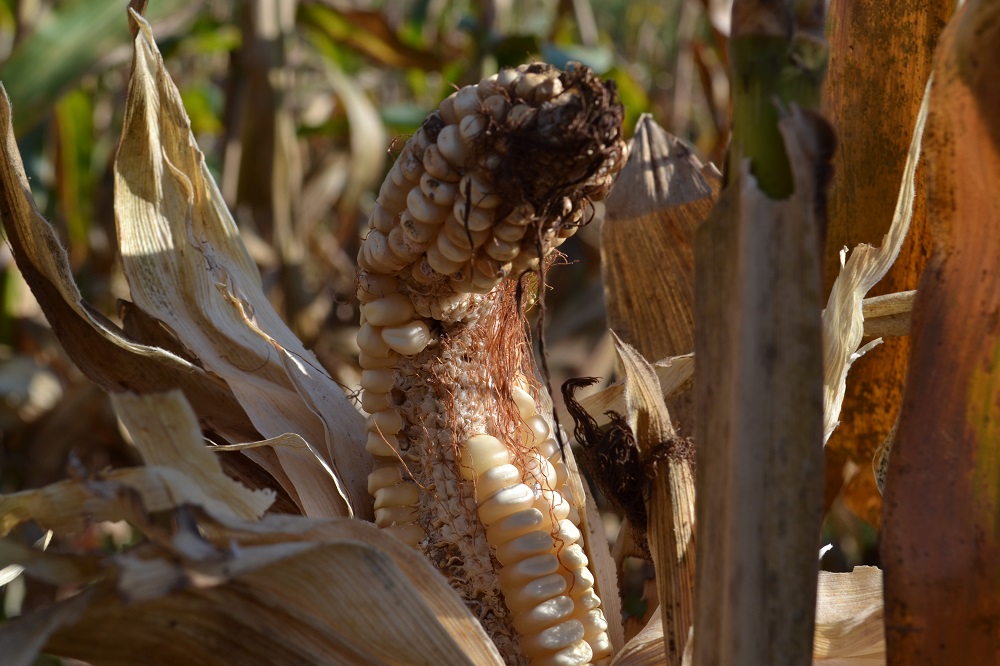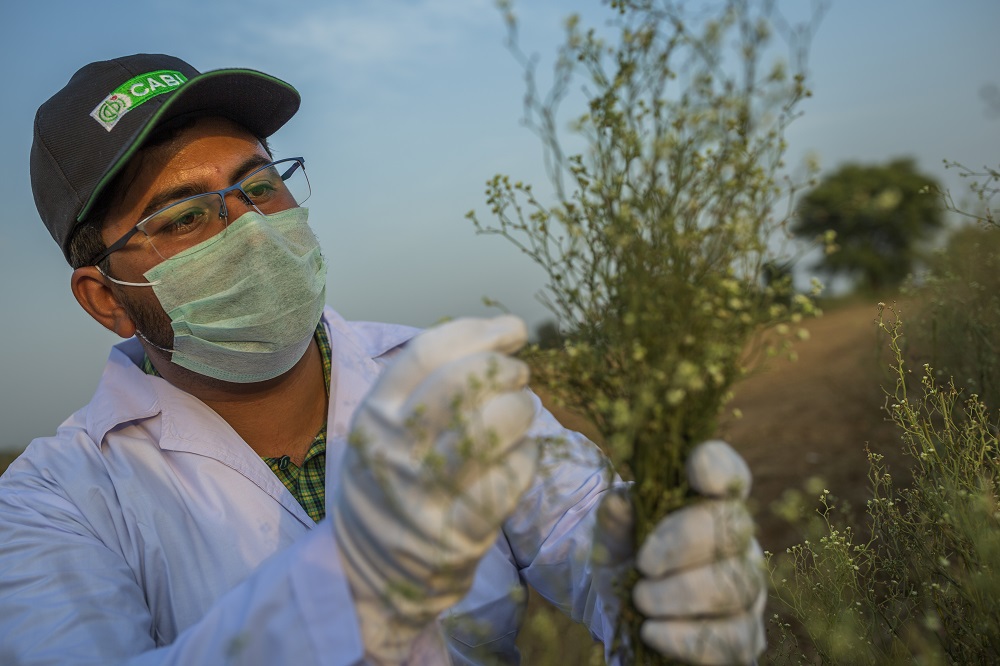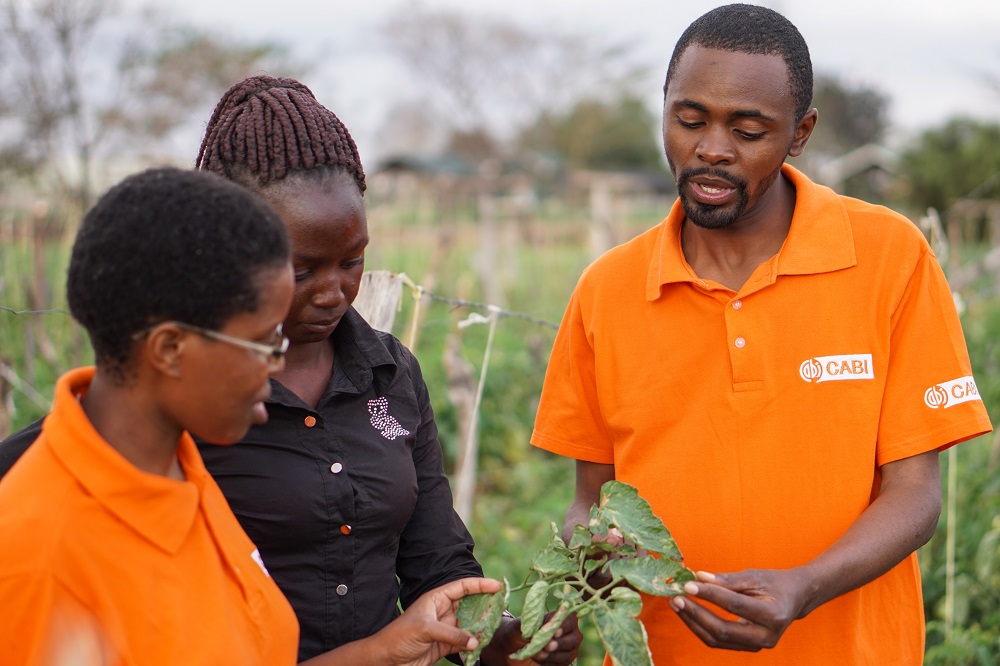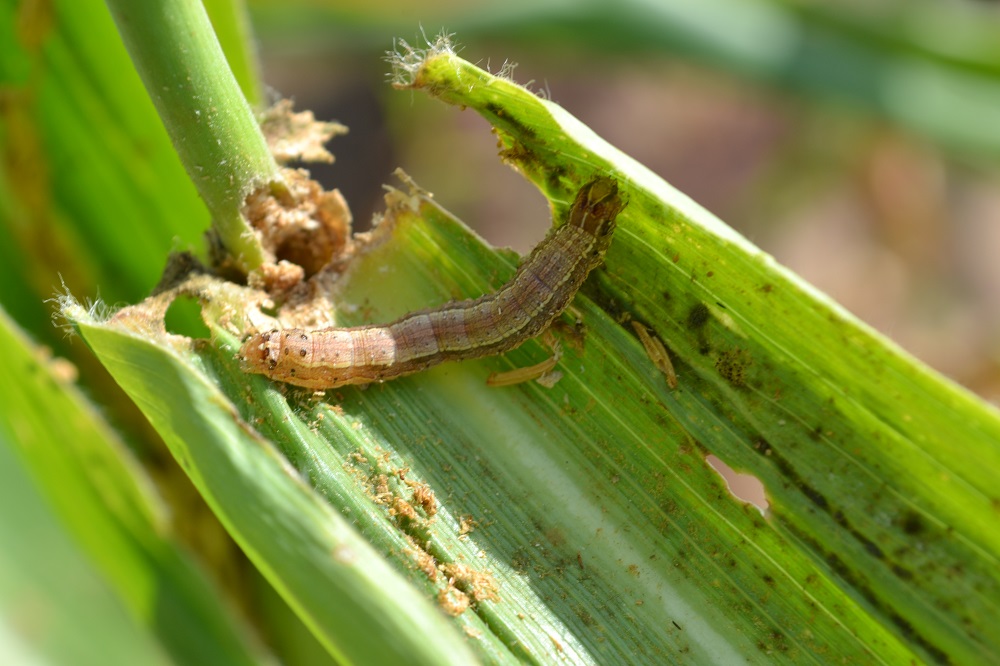On Earth Day, we take a look at the sustainable control of invasive species
Today is Earth Day – a day when people around the world show their support for environmental protection. CABI’s vision is for a world in which the agricultural sector is embedded in a healthy and climate resilient landscape with clean water and air, healthy soils and functional ecosystem services, and where biodiversity is safeguarded through…
New paper aims to clarify confusion in leaf damage rating scales for fall armyworm
A trans-regional group of researchers has sought to cast light on the numerous rating scales used for assessing leaf damage caused by the highly destructive invasive maize pest, the Fall armyworm (Spodoptera frugiperda).

